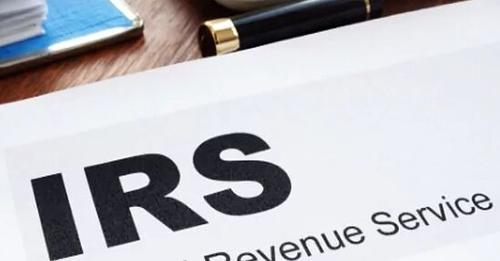Which is the common misconception…
Before this calendar year, individualsin the United States were asked to fill in Form 1099-K only if the total number of transactions with a third party exceeded 200 for the year and the total amount exceeded $20,000.
However, after the American Rescue Plan Act of 2021 (ARPA) was voted, the Internal Revenue Service (IRS) lowered the reporting threshold.
“The Internal Revenue Service reminds taxpayers earning income from selling goods and/or providing services that they may receive Form 1099-K, Payment Card and Third-Party Network Transactions, for payment card transactions and third-party payment network transactions of more than $600 for the year,” reads the IRS website.
Do you have to report income under $600?
While the IRS makes clear that all income that exceeds $600 should be reported, there is a misconception that taxpayers do not need to report earnings of less than the aforementioned amount.
However, this is not true, as you may not receive Form 1099-K, but you still have to report on the tax return as all earnings are taxable.
“There is no change to the taxability of income; the only change is to the reporting rules for Form 1099-K,” the IRS press release states.
“As before, income, including from part-time work, side jobs or the sale of goods, is still taxable. Taxpayers must report all income on their tax return unless it is excluded by law, whether they receive a Form 1099-NEC, Nonemployee Compensation; Form 1099-K; or any other information return.
“The IRS emphasizes that money received through third-party payment applications from friends and relatives as personal gifts or reimbursements for personal expenses is not taxable.”
Meanwhile, the IRS has encouraged American taxpayers to visit the Get Ready webpage where they will find certain tips, as well as various online tools and resources which will help them organize themselves before filling their 2022 federal tax return.

